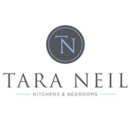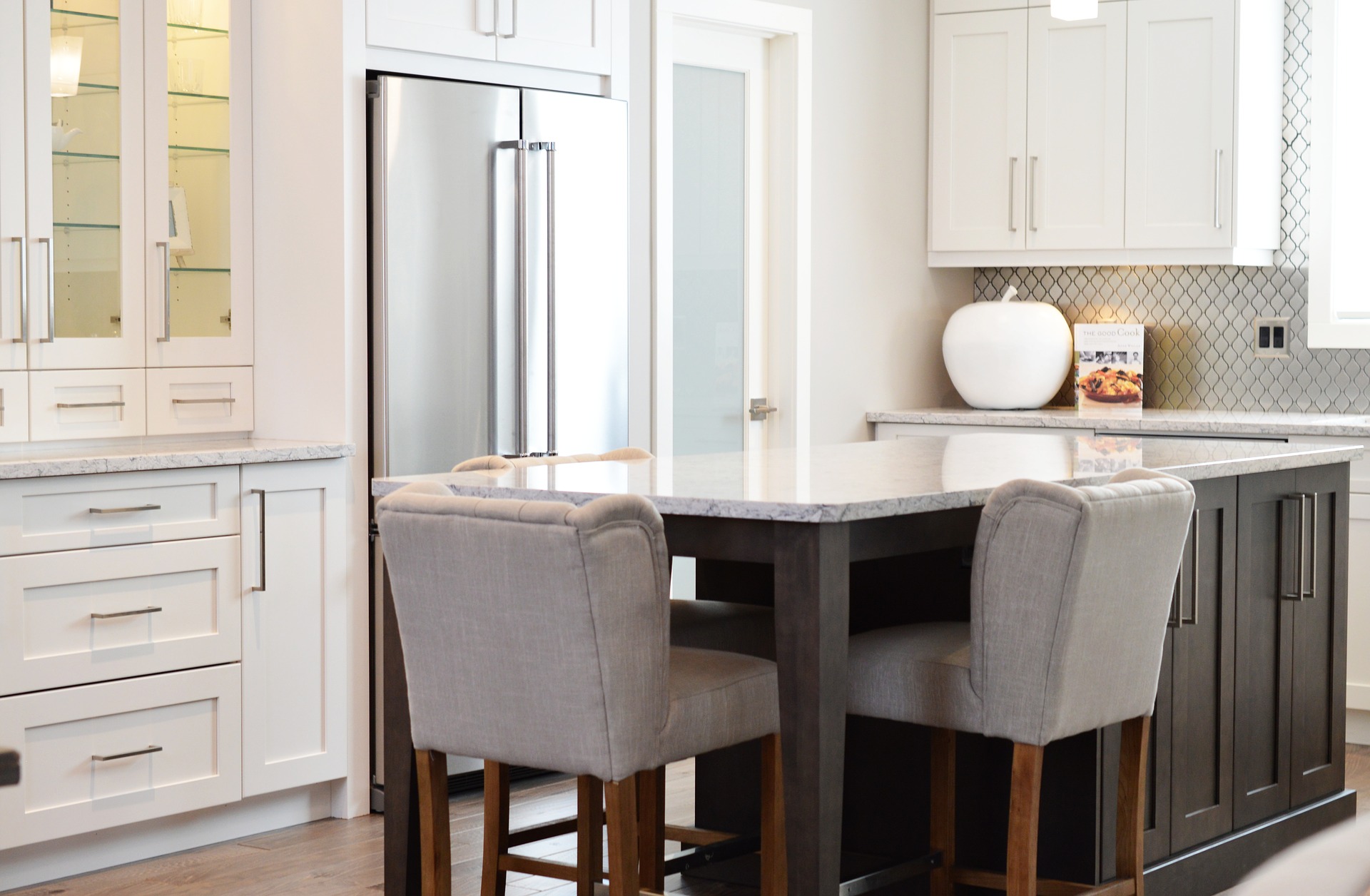Tips for Buying a New Kitchen
Contents |
[edit] Introduction
Even though the TV (and other consumer electronics) may be in the living room, the kitchen is still the heart of most homes. This means that a good kitchen is one of the best investments you can make, not only in terms of your own personal enjoyment of your home, but also in terms of increasing its value.
With that in mind, here are three tips for buying a new kitchen.
[edit] Measure twice, buy once
Most people need to squeeze out every last drop of space in their home, including their kitchen. What makes kitchens different from other rooms is that they tend to have very “fixed” layouts. Most furniture and appliances have to be fixed to a wall for reasons of practicality and safety. This makes it challenging (read difficult and expensive) to put right mistakes.
Getting the design right, starts with measuring your kitchen accurately. Get (at least) two people to do the measuring separately and if there’s any difference of opinion, measure again until you are sure it is right.
[edit] Be honest about how you actually use your kitchen
The perfect kitchen is the kitchen which works perfectly for you in your real life, not the life you see on social media pictures. For example, open shelving can look wonderful if you genuinely have minimalist leanings or if, at the very least, you’re the kind of person who likes to have everything ultra-tidy even if it means you need to take extra time to perform certain tasks (like cleaning up after a meal).
If, however, you’re neither, then cupboard doors can be one of your best friends.
[edit] Be pragmatic about where to spend and where to save
The rule of thumb is to spend on items which will be hard to update later and the more frequently you use the items, the more of your budget you should be prepared to dedicate to buying quality.
For example, sinks are plumbed-in appliances, which means that they do take work to update and they are certainly used regularly (and for all kinds of different reasons from filling kettles to washing pots and pans). In short, a sink meets all the criteria to justify a higher spend. Taps, however, can be upgraded fairly easily and so even though they are used regularly, if you need to make savings somewhere, then it can make sense to do so with the taps and then change them out later.
Similarly, kitchen cabinets typically get a lot of use and while they’re not actually plumbed in, it’s usually a bit of work to swap them out. So, it’s usually worth spending as much as you can afford on the cabinets themselves. Hardware, such as handles is, however, easy to swap out and so can be an initial save.
--TaraNeil 11:48, 19 Aug 2019 (BST)
[edit] Related articles on Designing Buildings Wiki
Featured articles and news
Statement from the Interim Chief Construction Advisor
Thouria Istephan; Architect and inquiry panel member outlines ongoing work, priorities and next steps.
The 2025 draft NPPF in brief with indicative responses
Local verses National and suitable verses sustainable: Consultation open for just over one week.
Increased vigilance on VAT Domestic Reverse Charge
HMRC bearing down with increasing force on construction consultant says.
Call for greater recognition of professional standards
Chartered bodies representing more than 1.5 million individuals have written to the UK Government.
Cutting carbon, cost and risk in estate management
Lessons from Cardiff Met’s “Halve the Half” initiative.
Inspiring the next generation to fulfil an electrified future
Technical Manager at ECA on the importance of engagement between industry and education.
Repairing historic stone and slate roofs
The need for a code of practice and technical advice note.
Environmental compliance; a checklist for 2026
Legislative changes, policy shifts, phased rollouts, and compliance updates to be aware of.
UKCW London to tackle sector’s most pressing issues
AI and skills development, ecology and the environment, policy and planning and more.
Managing building safety risks
Across an existing residential portfolio; a client's perspective.
ECA support for Gate Safe’s Safe School Gates Campaign.
Core construction skills explained
Preparing for a career in construction.
Retrofitting for resilience with the Leicester Resilience Hub
Community-serving facilities, enhanced as support and essential services for climate-related disruptions.
Some of the articles relating to water, here to browse. Any missing?
Recognisable Gothic characters, designed to dramatically spout water away from buildings.
A case study and a warning to would-be developers
Creating four dwellings... after half a century of doing this job, why, oh why, is it so difficult?
Reform of the fire engineering profession
Fire Engineers Advisory Panel: Authoritative Statement, reactions and next steps.
Restoration and renewal of the Palace of Westminster
A complex project of cultural significance from full decant to EMI, opportunities and a potential a way forward.
Apprenticeships and the responsibility we share
Perspectives from the CIOB President as National Apprentice Week comes to a close.


























